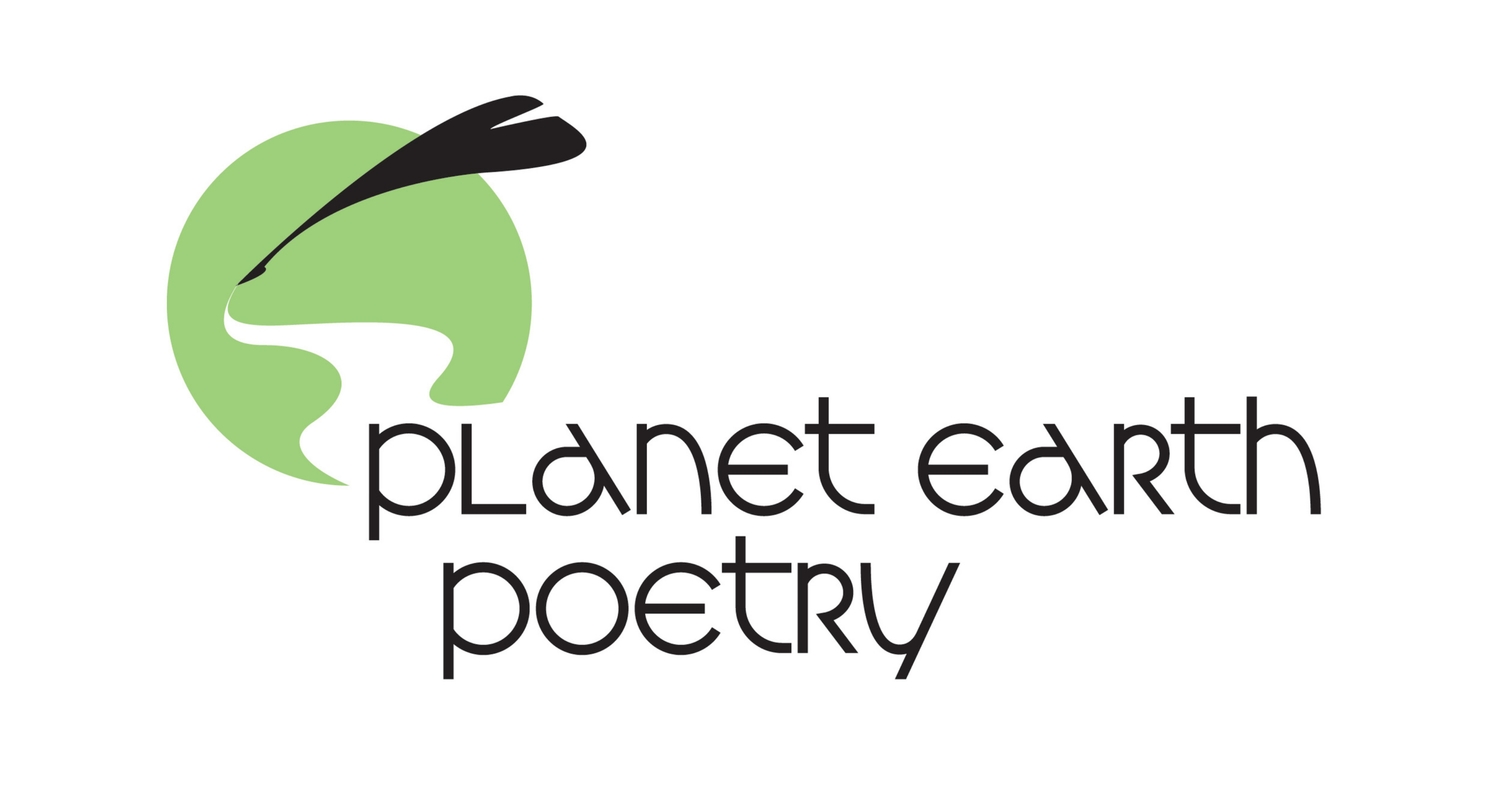REVIEWER: Wendy Donawa is grateful to live on the unceded territory of the Songhees and Esquimalt peoples, and to see the Salish Sea and the Sooke Hills from the window over her desk. Our Bodies’ Unanswered Questions is her second collection.
Poet Wendy Donawa
unpacking the poem:
Regional reviewers focus on regional poems
Reviewer Wendy Donawa unpacks a different poem every month. She examines the poem in a way she hopes is helpful for readers and other poets to understand how craft works in a particular poem, for a particular effect.
november 2024: lorna crozier
“ST FRANCIS ”
Even St. Francis gets tired of the animals
on his heels. He likes to come upon
a field of horses he doesn’t know, mares
who haven’t named him. The children persuaded him
to keep the puppies. Now there are seven dogs
who chase him down the road when he drives off
and hours later, when he returns from blessing
every living thing, the pack hears him coming and runs
the grid to greet him. Except for the lone great Pyrenees
he had to train not to kill the coyotes who he’s trained
not to eat the lambs. All this gentleness keeps him
awake at night. Given the god he knows, he worries
what will fall upon the world next. Every time
the creek rises he assures himself it’s only snow
melting in the mountains. He won’t have to save
the two by two and thus condemn the rest.
He won’t have to shoot the extra ewe.
~ From What the Soul Doesn’t Want, Freehand Books, Calgary, c. 2017 (p. 26)
Poet Lorna Crozier (photo credit: Angie Abdou)
An Officer of the Order of Canada, Lorna Crozier has been acknowledged for her contributions to Canadian literature, her teaching and her mentoring with five honourary doctorates, most recently from McGill and Simon Fraser Universities.
Her books have received numerous national awards, including the Governor-General’s Award for Poetry. The Globe and Mail declared The Book of Marvels: A Compendium of Everyday Things one of its Top 100 Books of the Year, and Amazon chose her memoir as one of the 100 books you should read in your lifetime.
A Professor Emerita at the University of Victoria, she has performed for Queen Elizabeth II and has read her poetry, which has been translated into several languages, on every continent except Antarctica. Her book, What the Soul Doesn't Want, was nominated for the 2017 Governor General's Award for Poetry. In 2018, Lorna Crozier received the George Woodcock Lifetime Achievement Award. Steven Price called Through the Garden: A Love Story (with Cats), her latest nonfiction book, “one of the great love stories of our time.” After That is her most recent collection of poetry. Lorna Crozier lives on Vancouver Island.
Unpacking “ST FRANCIS” by Lorna Crozier.
St. Francis of Assisi was a 13th century friar who became famous for his generosity to the poor, his love of nature, and his kindness to animals, all while living in extreme poverty himself. He was canonized shortly after his death and has since acquired a somewhat Hallmark-y public image.
Lorna Crozier’s precise and witty control of mood and tone offers the reader an ambivalent and distinctly contemporary saint, tiring of his good works, and wondering if they’ve done any good after all. At times his tone is more that of a frustrated suburban dad than a spiritual mentor, giving in to children’s longing for puppies that of course become a whole pack of dogs on his heels, coming or going. His exasperation is clear in the cadence of his language after a hard day of “blessing every living thing”.
St. Francis is a somewhat loveable klutz who does not foresee or control the consequences of his “saintly” actions. Like a crotchety celebrity tired of public life, he wishes for “horses he doesn’t know, mares/who haven’t named him.” His gentleness backfires; the lone Pyrenees (who does not chase him) is a link in a chain of futility: trained not to fulfill his natural coyote-killing function, coyotes must in turn be trained not to eat their natural prey.
Poor Francis, such an Eeyore, kept awake by self-doubt, and by the disturbing insight that he is not doing the will of “the god he knows”, a god of wrath, retribution and unpredictable violence “that may fall upon the world next.” But even in this extremity, Francis’ pattern of self-deception surfaces, and our Saint is a climate-change denier who “assures himself” the floods are “only snow melting.” So, he won’t have to stock another Ark, selecting a mating pair of each species, leaving the rest to drown. And if they’re odd numbers, “he won’t have to shoot the extra ewe.”
The poet keeps us laughing throughout a poem with serious, indeed dire, implications! She maintains a riot of movement and Keystone Kops cartoon-like activity, what with the children and dogs and coyotes and Francis’ own to-ing and fro-ing. She also employs completely enjambed lines; you can hardly read this poem aloud without gasping. But in the end, it’s a disturbing poem for those who concern themselves with the environment. But it’s funny too. But sad.
Wendy Donawa Unpacking the Poem©




